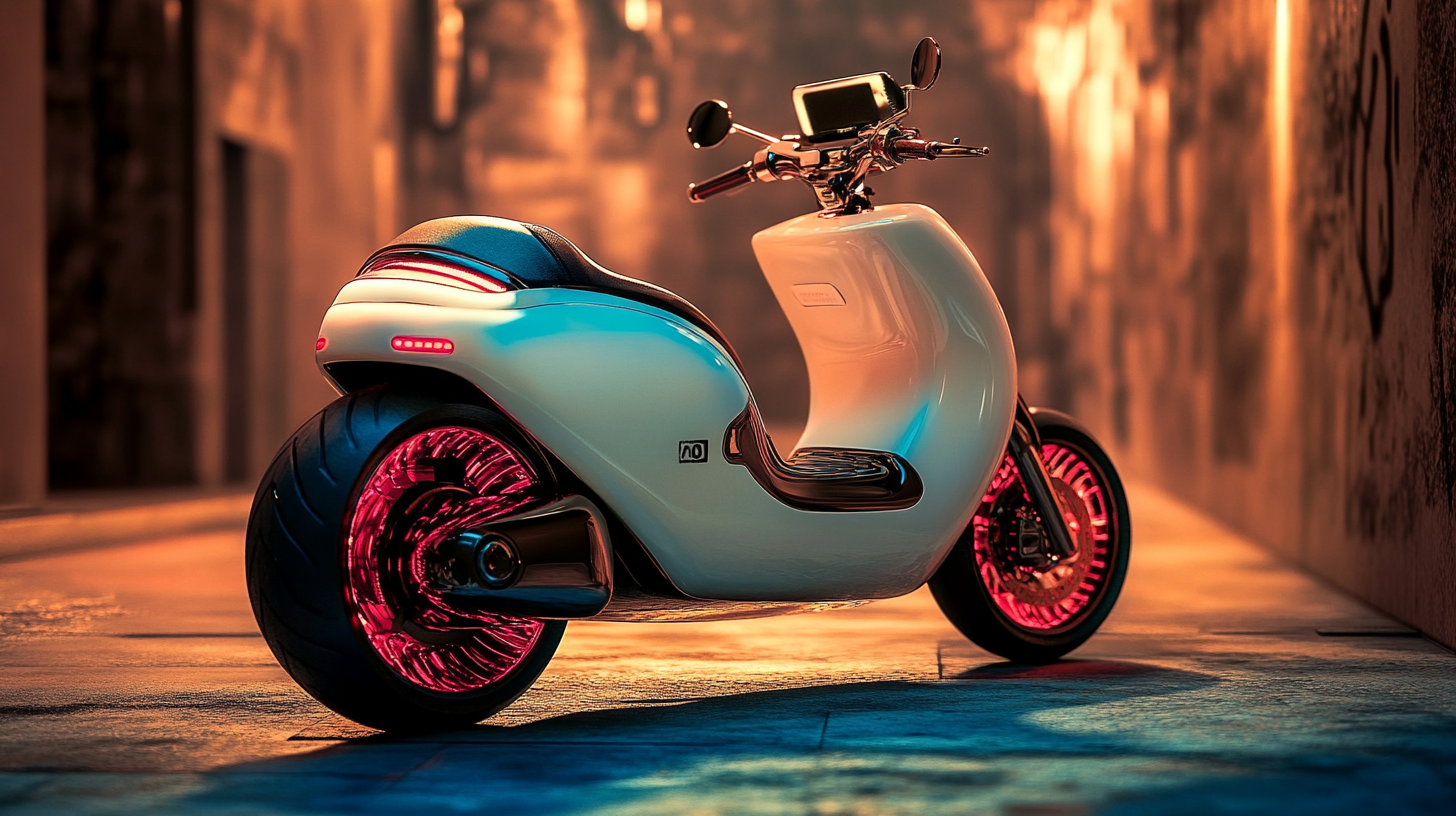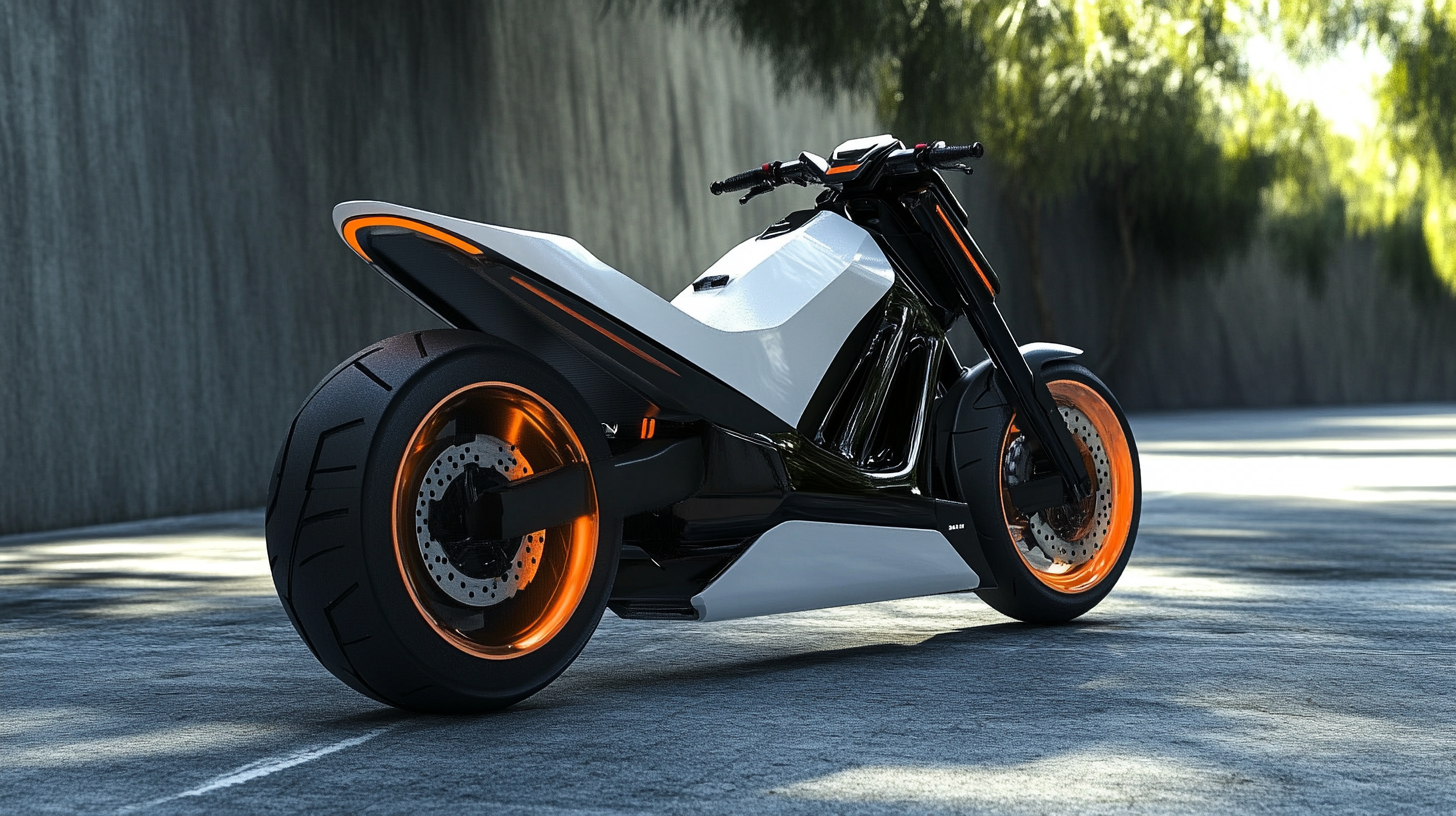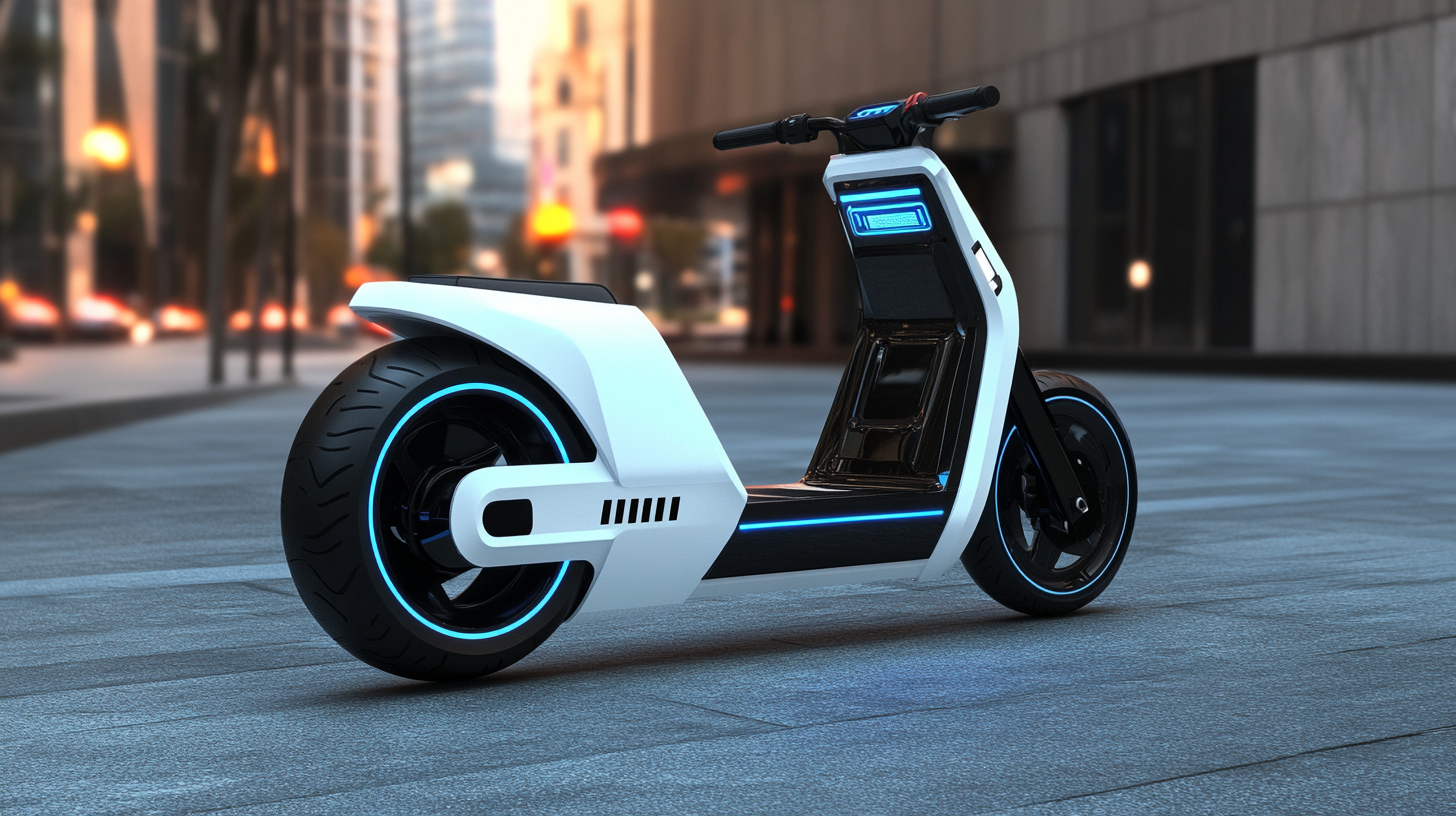- English
- Español
- Português
- русский
- Français
- 日本語
- Deutsch
- tiếng Việt
- Italiano
- Nederlands
- ภาษาไทย
- Polski
- 한국어
- Svenska
- magyar
- Malay
- বাংলা ভাষার
- Dansk
- Suomi
- हिन्दी
- Pilipino
- Türkçe
- Gaeilge
- العربية
- Indonesia
- Norsk
- تمل
- český
- ελληνικά
- український
- Javanese
- فارسی
- தமிழ்
- తెలుగు
- नेपाली
- Burmese
- български
- ລາວ
- Latine
- Қазақша
- Euskal
- Azərbaycan
- Slovenský jazyk
- Македонски
- Lietuvos
- Eesti Keel
- Română
- Slovenski
- मराठी
- Srpski језик

2025 Market Trends Analysis: The Future of Best Scooter Lithium Batteries
As the demand for eco-friendly transportation solutions rises, the market for Scooter Lithium Batteries is set to experience significant growth in the coming years. According to a recent report by Allied Market Research, the global lithium-ion battery market for electric scooters is expected to reach $XX billion by 2025, growing at a CAGR of XX% from 2020. This shift towards sustainable mobility is fueled by technological advancements and the increasing adoption of electric scooters in urban areas, particularly in developing nations like China, which is currently a leading manufacturer of high-quality scooter batteries.
With the push for cleaner energy and reduced carbon footprints, understanding the emerging trends in this sector is crucial for stakeholders aiming to capitalize on the future of best scooter lithium batteries.

Emerging Lithium Battery Technologies Impacting Scooter Performance in 2025
As we look ahead to 2025, the landscape of scooter performance will be significantly shaped by emerging lithium battery technologies. Research from the International Energy Agency (IEA) forecasts that advancements in lithium-ion battery energy density will see a 30% increase, allowing scooters to achieve greater ranges on a single charge. This enhancement is a game-changer, making electric scooters more appealing for urban commuting, as consumers increasingly demand practicality alongside environmental benefits.

Furthermore, innovations in solid-state battery technology are poised to revolutionize the industry. According to a report by Bloomberg New Energy Finance, solid-state batteries could reduce charging times by up to 50%, addressing one of the major concerns users face with current lithium-ion systems. With this leap in technology, scooter manufacturers can implement lighter and more efficient battery packs, enhancing the overall performance and sustainability of electric scooters.
Such developments not only promise extended battery life and safety but also position electric scooters as a central component of future smart city infrastructure.
Global Import and Export Regulations Shaping the Scooter Battery Market
The global scooter battery market is undergoing significant transformation due to changing import and export regulations. Countries are increasingly enacting stricter guidelines to ensure the safety and environmental sustainability of lithium batteries. For instance, the European Union has introduced comprehensive regulations that mandate rigorous testing and certification for all battery imports. This not only influences the quality of batteries entering the market but also compels manufacturers to innovate and enhance their production standards to comply with these regulations.
Additionally, trade agreements and tariffs play a crucial role in shaping the dynamics of the scooter battery market. Major exporting countries are adapting their strategies to meet the evolving regulatory landscape, which varies significantly across regions. Companies engaged in the global supply chain must remain vigilant to avoid disruption in operations. As the demand for eco-friendly transportation solutions grows, stakeholders must navigate these complexities to leverage opportunities while ensuring compliance with international standards. The future of scooter lithium batteries will undoubtedly be influenced by how well the industry adapts to these regulatory changes.
2025 Market Trends Analysis: The Future of Best Scooter Lithium Batteries
| Country/Region | Import Regulation Status | Export Regulation Status | Market Growth Rate (2025) | Key Trends Influencing Market |
|---|---|---|---|---|
| North America | Moderate Regulations | Stringent Regulations | 6.5% | Increased Demand for Eco-Friendly Products |
| Europe | Strict Compliance Required | Moderate Compliance | 5.8% | Sustainability Initiatives and Circular Economy |
| Asia-Pacific | Low Regulation, High Growth | Increasing Regulations | 8.3% | Rapid Urbanization and Increased Spending Power |
| Latin America | Moderate Regulations | Low Regulations | 4.2% | Growing Urban Mobility Solutions |
| Middle East & Africa | Varied; Mostly Lenient | Relaxed Regulations | 3.7% | Development of Smart Transportation Infrastructure |
Market Demand Trends for Lithium Batteries in the Scooter Industry by 2025
As the scooter industry continues to gain momentum, the demand for high-performance lithium batteries is projected to skyrocket by 2025. According to a recent market analysis by Research and Markets, the global lithium-ion battery market for electric scooters is expected to reach approximately $6.9 billion by 2025, growing at a compound annual growth rate (CAGR) of around 15% from 2020. This growth can be attributed to the increasing adoption of electric scooters as a sustainable urban mobility solution, coupled with advancements in battery technology that enhance energy density and decrease charging times.
One of the key trends driving this demand is the push for greener transportation solutions in cities worldwide. The International Energy Agency (IEA) reports that electric vehicles, including scooters, accounted for over 10% of global two-wheeler sales in 2022, a figure that is expected to rise significantly. Additionally, as consumers prioritize performance and range, manufacturers are responding by developing more efficient lithium battery systems. With innovations in fast-charging technology and battery recycling processes, the scooter industry is set to transition towards a more sustainable and efficient future, making lithium batteries essential for meeting market needs.

Comparative Analysis of Lithium Battery Certification Standards Worldwide
As the demand for electric scooters continues to rise, the importance of lithium battery certification standards has never been more critical. Internationally, different regions have established various certification protocols that ensure safety, performance, and environmental compliance. The International Electrotechnical Commission (IEC) has set forth guidelines, particularly in IEC 62133, which governs the safe operation of lithium batteries used in mobility devices. In contrast, the United States has embraced the Underwriters Laboratories (UL) 2271 standard, emphasizing the need for rigorous testing under adverse conditions.
According to a recent report by IDTechEx, the global electric scooter market is projected to reach $33 billion by 2025, with lithium batteries comprising a significant portion of that value. The report also highlights that compliance with strict certification standards can lead to a 30% reduction in the risk of battery malfunctions, underscoring the necessity for manufacturers to navigate these regulations effectively. As countries work toward a more unified approach to battery certification, understanding the nuances of these standards will be essential for stakeholders aiming to thrive in this burgeoning market.
Forecasting Lithium Battery Lifecycle and Recycling Trends for E-Scooters
As the e-scooter market continues to expand, understanding the lifecycle and recycling trends of lithium batteries becomes crucial. According to a recent report by the International Energy Agency, the global demand for lithium batteries is projected to surge, with an estimated need of over 3 million tons by 2025. This growth is largely driven by the increasing adoption of electric mobility solutions, including e-scooters, which rely heavily on efficient and sustainable battery technology.
In response to this rising demand, the recycling industry is evolving to meet both regulatory requirements and consumer expectations. The World Economic Forum has highlighted that only about 5% of lithium-ion batteries are currently recycled globally. However, initiatives such as the Battery Directive in the European Union aim to significantly improve this figure, targeting a recycling rate of 70% by 2030. By investing in advanced recycling technologies and infrastructure, we can expect to see more sustainable practices emerge, enhancing the circular economy for e-scooter lithium batteries and reducing environmental impact.
